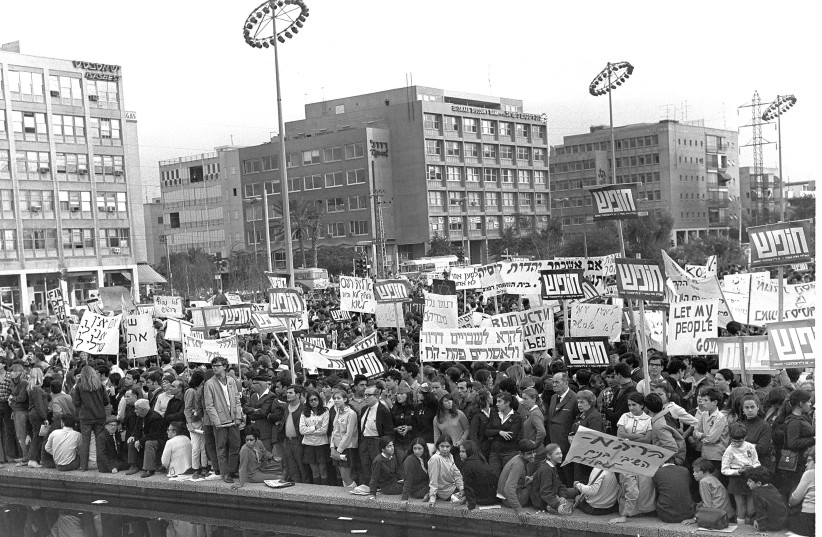Known as one of the most inspired and inspiring educators in Israel, historian and teacher Tzvi Tzameret passed away this week at the age of 78. An education and philosophy graduate of the Hebrew University in Jerusalem, Tzameret, in 1971, was appointed principal of a high school in Sde Boker. Still in his mid-twenties, he was the youngest high school principal in the country.
He went on to teach in numerous schools, universities and other academic institutions.
From, 1977 to 1983 he was the principal of the Danziger School in Kiryat Shmona, where pupils included Yifat Shasha-Biton who was the education minister in the previous government. Despite the sentiment that he felt towards her, Tzameret was critical of her policies.
During the period that he spent in Kiryat Shmona, he founded an electronics company in partnership with Rafael Advanced Defense Systems. He also headed a public committee whose efforts resulted in the establishment of a medical emergency unit in Kiryat Shmona.
Aside from teaching and lecturing to students in schools in peripheral communities – and in universities such as his alma mater, the Hebrew University, Bar-Ilan University, Reichmann University, the Academic Center of Law in Hod Hasharon, Herzog College in Alon Shvut, and Netivot Hesder Yeshiva – Tzameret was secretary of the Education Ministry's pedagogic secretariat and CEO of Yad Ben Zvi, a position he held from 1983 to 2010.

In 1987, while at Yad Ben Zvi, he was sent to the USSR by Nativ, the unit in the Prime Minister's Office that somehow maintained contact with the Jewish communities in Soviet Russia, and waged endless battles for the release of Prisoners of Zion and their right to emigrate to Israel.
For Tzvi Tzameret, this was not a one-time visit. It was an ongoing chapter in the saga of the Zionist story.
An educator of the old school
With his gentle voice, which nonetheless contained the authority of a person who knew what he was talking about, Tzameret could get angry about distortions of history. He was particularly frustrated by the ignorance of people who misquoted the Zionist narrative and did not spare them when he appeared with any of them as a panelist at a symposium, or a radio or television program. When co-panelists got their facts wrong, he gently but firmly remonstrated with the aim of getting them on the right track.
The depth and breadth of his knowledge was immeasurable. He was an educator of the old school, who did not specialize in only one subject, but found all subjects to be of interest, and learned as much about them as he could, so that he could impart the knowledge he gained, to others.